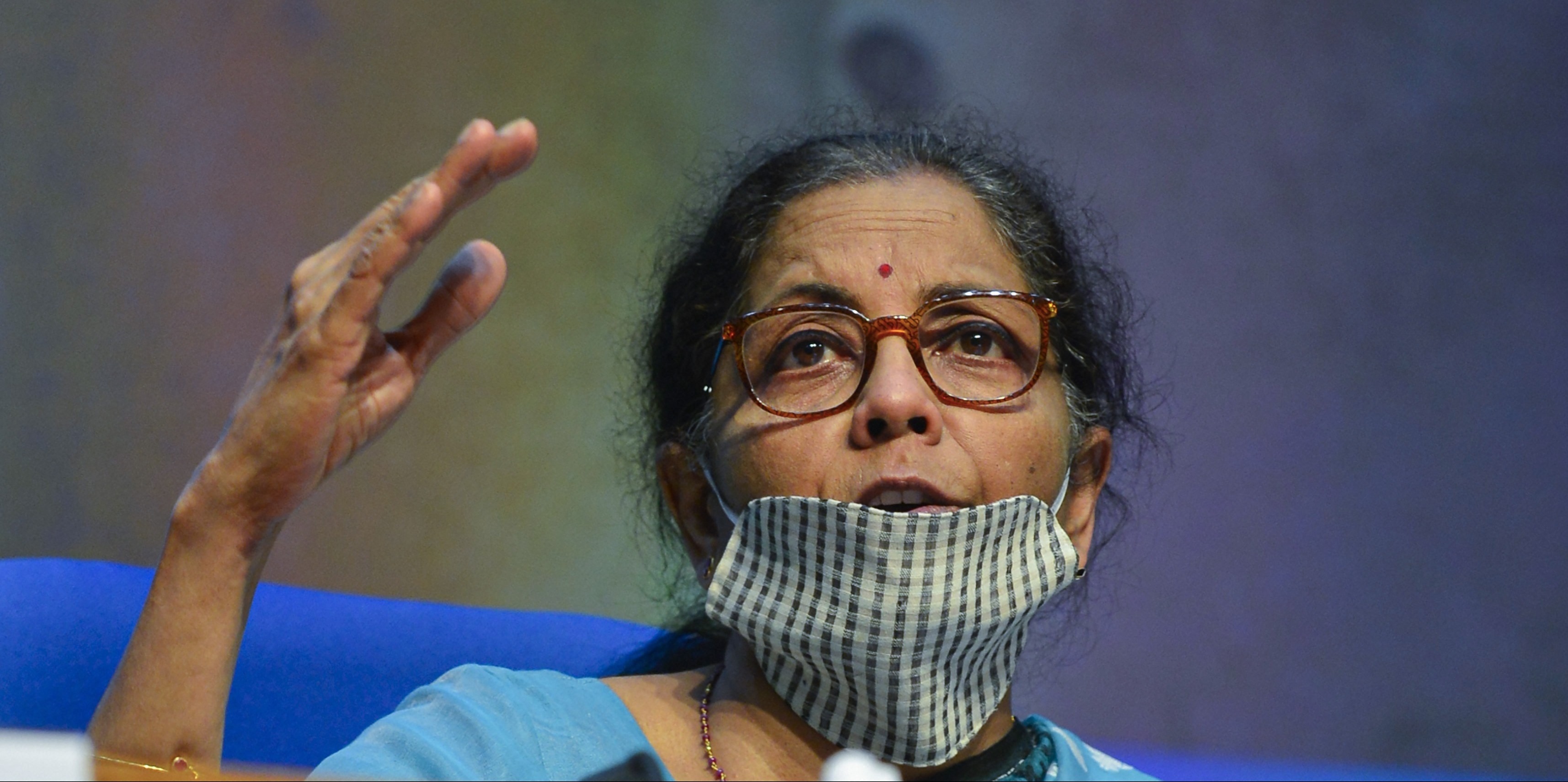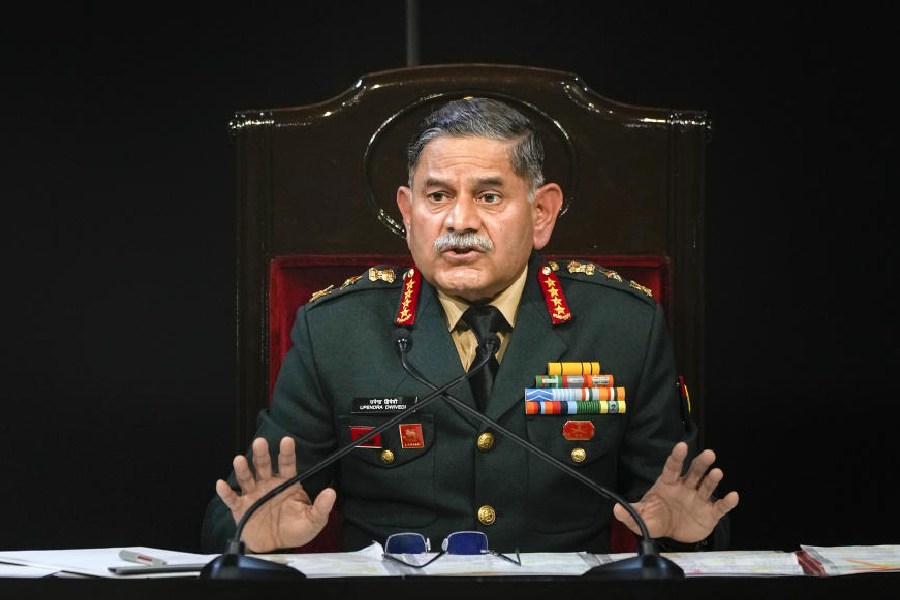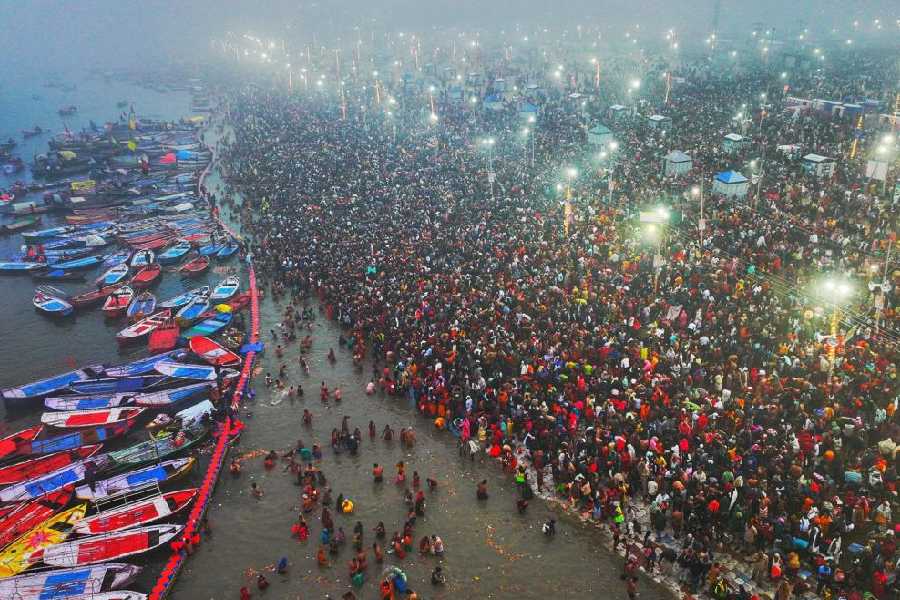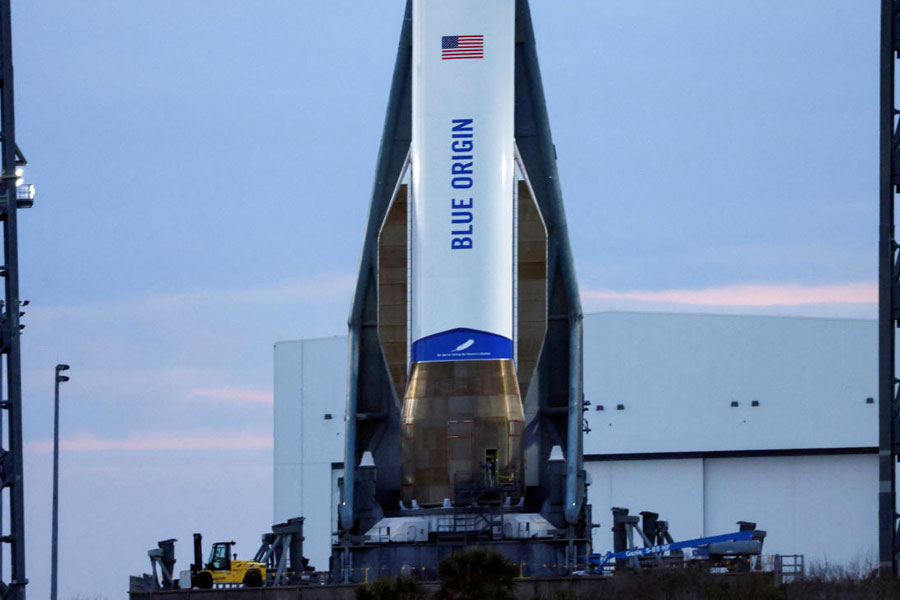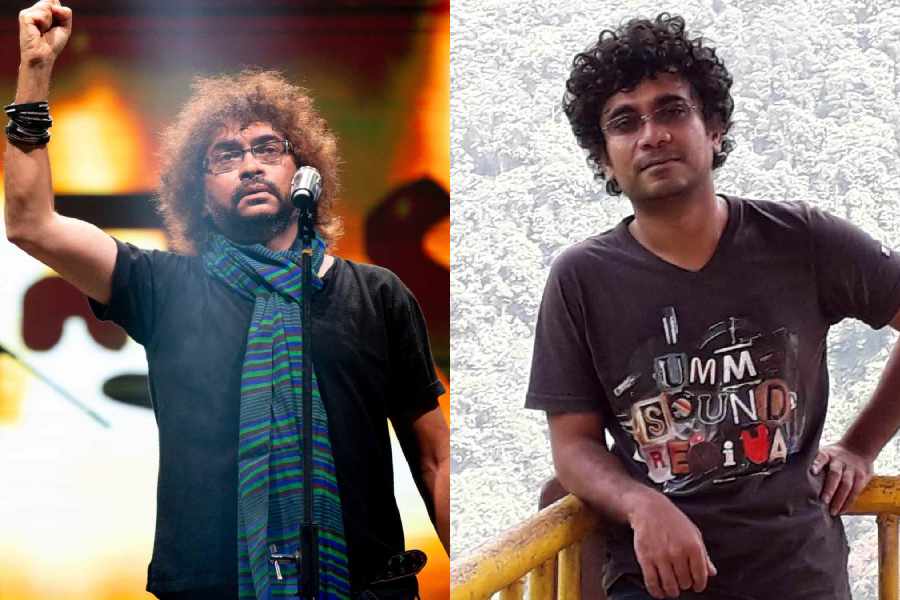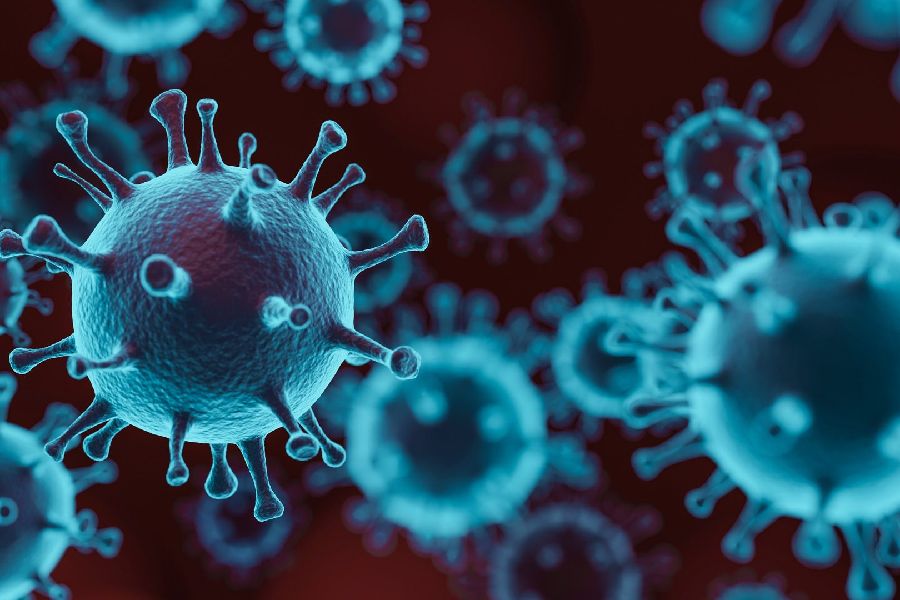Speaking to the nation last week, Prime Minister Narendra Modi pitched the pandemic and the economic crisis as opportunities for India to turn “atmanirbhar” (self-reliant). The finance minister, Nirmala Sitharaman, followed that speech up with a series of announcements meant as an intravenous infusion of sops to revive the economy — delivered in drips, for several days in a row. But words are cheap. And no one knows that better than Indians.
Indeed, the coronavirus challenge has forced the world to take a hard look at global supply chains and has made companies and countries explore ways of reducing their dependence on any one nation or region. For India to do the same is both natural and desirable. In fact, self-reliance has been a central theme running through the country’s governance since Independence — the Green Revolution and White Revolution were testaments to that sentiment.
Yet, the reality is that India remains fundamentally dependent on others for basic commodities, ranging from the oil it buys from the Middle East and, increasingly, the United States of America to the active pharmaceutical ingredients it imports from China. India lacks the supply chains to support a vast majority of the industries that are contemplating shifting from China where the pandemic took birth. Striving for greater self-reliance is fine, but making that the leitmotif of the country’s strategy at this time is dangerous.
It sends the message that India plans to look inwards at a time when it desperately needs to collaborate more with other nations to resurrect the economy and fix a public health crisis unlike any the world has seen in decades. After the Great Recession, India’s economy benefited from the close coordination among New Delhi, Washington, Beijing and European capitals, including the G-20 that truly took off amid that global challenge. To imagine that the Indian economy can recover this time without green shoots reappearing in China, the US and Europe would be naïve. The country’s trade-to-GDP ratio — a measure of its dependence on trade — is a very significant 43 per cent, although it’s lower than the peak of 56 per cent in 2012.
Some of India’s most stunning public health achievements have also been the result of global partnerships; the global vaccine alliance, GAVI, includes the WHO, governments, pharmaceutical companies and non-profit organizations such as the Bill & Melinda Gates Foundation. It’s a coalition that has been central to helping India, once the epicentre of polio, rid itself of the virus.
Such a global vaccine partnership is more critical than ever before as the world hunts for an inoculation against the coronavirus. But an unseemly vaccine arms race is replacing a collaborative model. Donald Trump has compared America’s rush to develop a vaccine to the Manhattan Project that led to the development of the atomic bomb. The FBI has accused China of trying to hack into vaccine research by US groups, an allegation Beijing has denied.
Earlier this month, when the European Commission held a virtual fundraiser for collaborative research on a coronavirus vaccine, the US and India didn’t participate. China attended the conclave only through its ambassador to the EU. Since then, France has warned its pharma giant, Sanofi, against exporting any coronavirus vaccine it develops to the US — the company’s biggest market — before the French population is inoculated. The ‘vaccine nationalism’ — as critics are referring to it — we’re seeing over the coronavirus could end up creating a situation where “everyone is going to continue to suffer”, warned Jane Halton, a former WHO board member.
Another way is possible. More than 140 current and former world leaders, led by the South African president, Cyril Ramaphosa, have in an open letter called on governments and pharma companies to ensure that a vaccine — whoever develops it first — is made available without patents to people of all countries.
At the WHO’s annual world health assembly, held over videoconference earlier this week, the EU proposed a “voluntary patent pool” under which pharma companies would be requested to waive licences for a coronavirus vaccine, if they develop one. The US and the UK are pushing back against the proposal, but India must support it. The Modi government should also sign the letter by world leaders calling for a “people’s vaccine” — Pakistan’s Imran Khan has already endorsed it.
Indian researchers are also trying to develop a coronavirus vaccine, but there’s no guarantee which set of scientists will get there first. What we do know is that the economy — India’s and the world’s — will remain on tenterhooks until a vaccine is developed and is accessible to most of the planet’s 7.5 billion people.
The one silver lining in the Modi government’s atmanirbhar messaging is its insistence that India will remain committed to globalization. To most of the world, that has sent out mixed signals. But there’s a possibility that the caveat reflects the Modi government’s recognition that for all the bluster of self-reliance on television, India will continue to need the world.
Self-reliance is good. Self-delusion is not.

